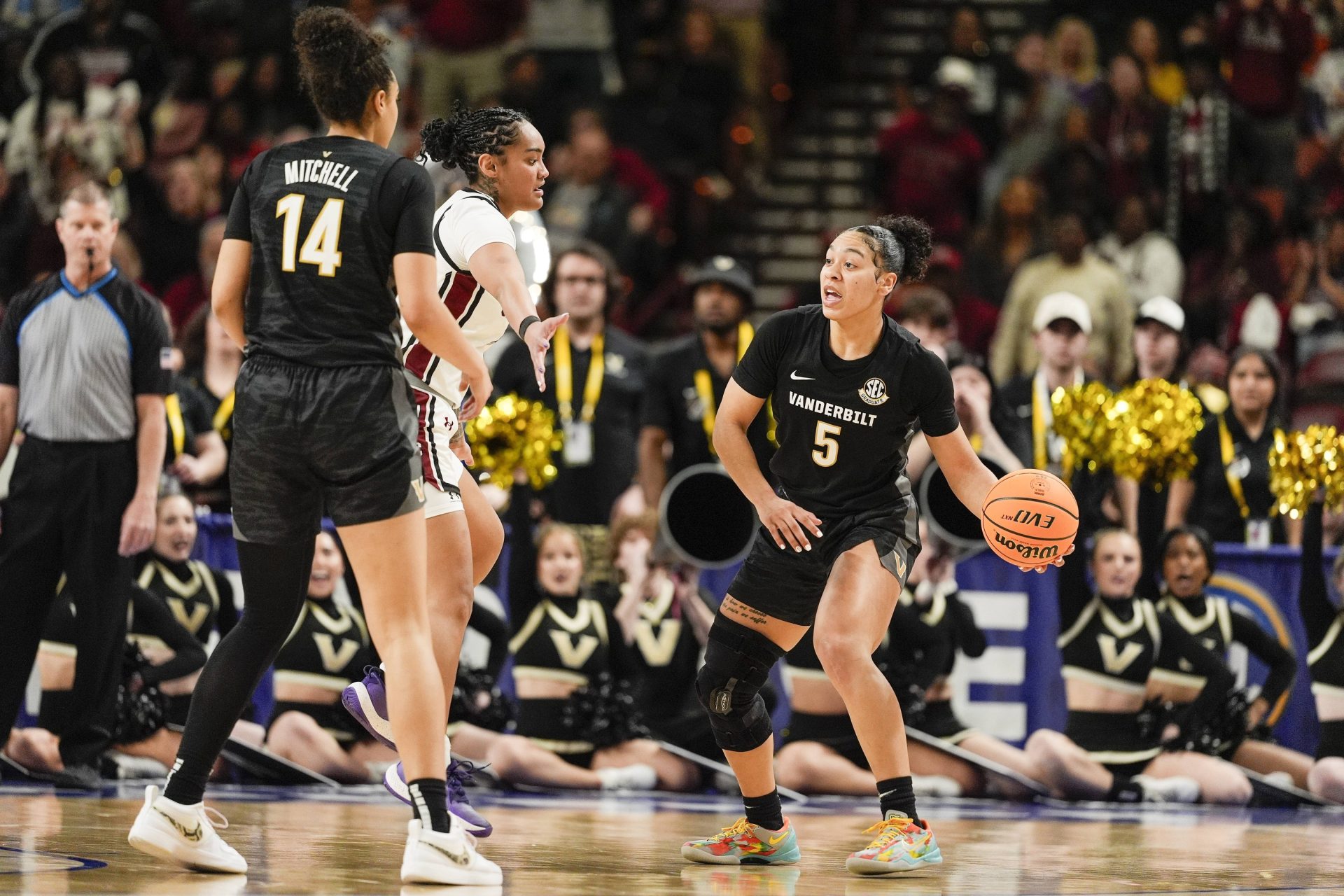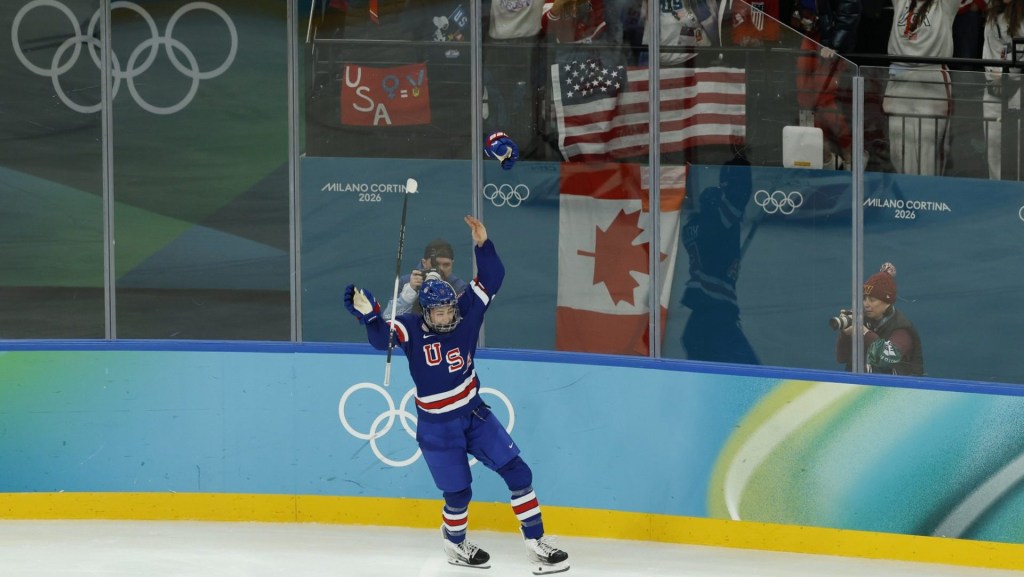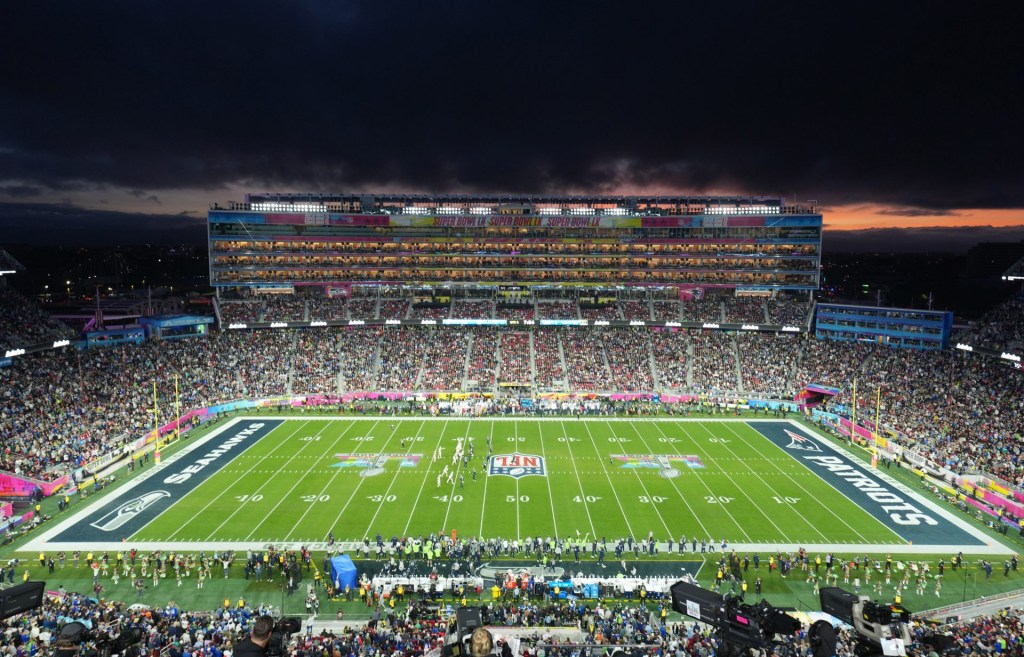A group of eight women filed an appeal of the House v. NCAA settlement approval on Wednesday, arguing that it violates the Title IX gender equity statute, Front Office Sports has learned. The appeal only challenged the back damages portion of the settlement.
It’s the first appeal of the landmark settlement, which would offer $2.8 billion in back-damages to athletes who couldn’t earn NIL (name, image, and likeness) dollars before 2021, as well as allow schools to share revenue with players for the first time. (The settlement also sets up a new vetting process to ensure NIL deals aren’t pay-for-play, and eliminates scholarship limits and imposes roster limits in their place.)
The settlement was approved Friday night by Judge Claudia Wilken after a monthslong adjudication process that included hundreds of objections—including many related to Title IX, the statute that requires educational institutions to offer equitable opportunities including in sports.
The law firm Hutchinson Black and Cook, which filed the appeal on behalf of athletes, also filed one of many objections to the settlement during its approval process. But now the firm is making another attempt. The eight athletes are a mix of track, soccer, and volleyball players: Kacie Breeding from Vanderbilt; Lexi Drumm, Emma Appleman, Emmie Wannemacher, Riley Hass, Savannah Baron, and Elizabeth Arnold from the College of Charleston, and Kate Johnson from the University of Virginia.
The group argues that the calculation to distribute the $2.8 billion in damages violates Title IX because female athletes would theoretically receive less money than football and men’s basketball players in damage payments and revenue-sharing. Attorney Ashlyn Hare estimated it “deprives female athletes of $1.1 billion.” In a statement to FOS, Hare said: “Paying out the money as proposed would be a massive error that would cause irreparable harm to women’s sports.”
“The settlement suggests schools would have paid male athletes over 90% of their revenue over the past six years as though Title IX didn’t apply,” she said. “If Nike wants to do that, that is their choice. If the school, or a conference acting on the school’s behalf tries to do that, they are violating the law. They can either pay the athletes proportionately, or they can return all of their federal funds. But they can’t do both.”
For now, the court will stay the back damages portion of the settlement, delaying the payments until the appeal is resolved, Hare said. The appeal itself will be filed to the Ninth Circuit.
Wilken said previously that objections related to Title IX did not move her. Her reasoning: The House settlement is an antitrust case, not a gender equity case that has to offer damages and other relief based on the money players could’ve earned if the rules were different—even if that “but for” world wasn’t equitable.
Wilken did say in her approval decision, however, that athletes were free to sue on Title IX grounds in the future.
Outside the settlement, there is no requirement for revenue-sharing payments to be equitable. In the waning days of the Biden administration, the Department of Education released guidance suggesting it would consider revenue-sharing payments to be subject to Title IX; but the agency reversed that guidance under President Trump. At this point, only a federal judge could force President Trump’s Department of Education to change its stance.

















